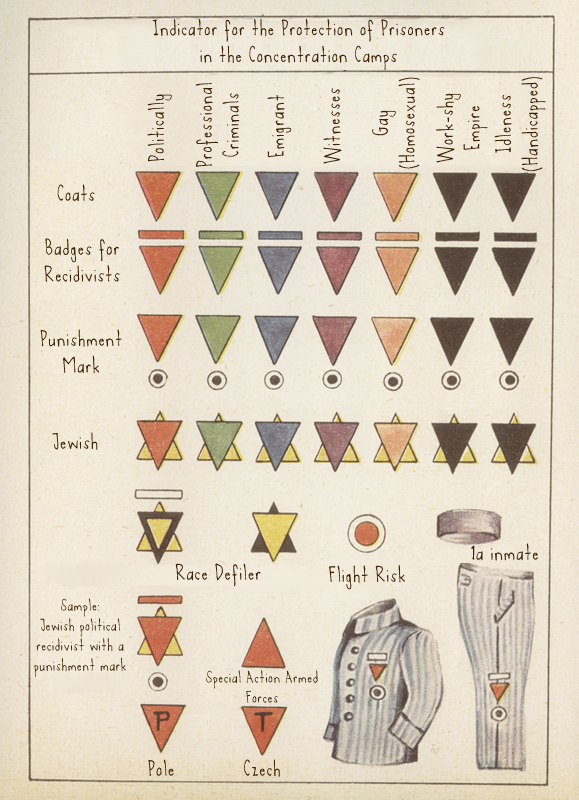Mind you, my determination says more about my personal interests than about the film itself: it has received largely positive reviews by the public and professional reviewers (here).
Among others, Christopher Hitchens and Isaac Chottiner have commented on it, and Gerard Henderson has commented on their comments. It's Mr. Henderson's piece that prompts me to write.
I suppose it uncontroversial to say not only that Mr. Henderson has extremely conservative views, but that he is entitled to his opinions and to express them.
Therefore, I will not challenge, in that piece, the defence Mr. Henderson makes of the royal family's anti-Nazi credentials. Not because I concede his point, let's be clear, but because I find it irrelevant: as Mr. Henderson reminded us, it happened long ago. (Messrs. Hitchens and Chottiner seem to think differently and this shows in their pieces, thus Mr. Henderson's comments).
The royal family itself, in my view, has become little more than an expensive curiosity apparently maintained for the benefit of celebrity gossip magazines. Consequently, I see little gain in arguing over these matters.
However, I do challenge Mr. Henderson's suggestion that a mythical left, of which he is so fond of speaking, was unanimously supportive of the Nazi regime, while a naively misguided right, after a brief period of confusion, quickly readied itself to defeat Nazism.
Given Mr. Henderson's customary claims of familiarity with history, the lack of any reference in his piece to the confrontation, often violent, between German and Italian communists and Nazis and Fascists is surprising. And although I certainly reproach the communists for their use of violence as a political instrument (tool they and the Nazis/Fascists themselves shared with other more traditional centre-right free-marketeer parties) and their misplaced allegiance to the so-called "Worker's Paradise", the bottom-line is that both groups were, well, violently opposed.
As were radically opposed thousands of International Brigades volunteers, including anarchists and communists, who fought Nazi-Fascism during the Spanish Civil War, episode that a history buff like Mr. Henderson inexplicably seems not to take into account.
Mr. Henderson may also have forgotten that traditional, conservative parties won the 1932 German presidential elections and that it was the centre-right elected President, Von Hindenburg, who appointed Hitler as Chancellor in January 1933.
Later in 1933, with the unanimous support of the conservative parties, the Nazis passed Reichstag legislation giving Hitler emergency powers (against Social Democrat vote), proscribing the entire left and sending those communists and trade unionists who escaped murder into Dachau (the first concentration camp) and subsequently to Sachsenhausen, Mauthausen and Flossenburg, among other camps.
 |
| Concentration camp prisoner badges: note the evocatively red of political prisoners.[1] |
But if one could forgive Mr. Henderson's patchy historical knowledge about his mythical left, his understanding about prominent conservative figures of the time, in Germany and abroad, is frankly appalling.
I could produce a list of prominent conservative German businessmen and politicians that maintained very cozy relationships with the Nazi regime, before and during the war. I could, as well, further extend this list by adding Italian, French and other European notables.
However, as Mr. Henderson's knowledge about European history is deficient, it seems sensible to consider only prominent figures from two Anglo-Saxon countries Mr. Henderson seems to know more about. The following quotes provide a sample:
"There is no need to exaggerate the part played in the creation of Bolshevism and in the actual bringing about of the Russian Revolution, by these international and for the most part atheistical Jews, it is certainly a very great one; it probably outweighs all others. With the notable exception of Lenin, the majority of the leading figures are Jews." (Winston Churchill in "Zionism versus Bolshevism", Illustrated Sunday Herald, February 1920)
"One may dislike Hitler's system and yet admire his patriotic achievement. If our country were defeated, I hope we should find a champion as indomitable to restore our courage and lead us back to our place among the nations." (Churchill, "Hitler and His Choice", The Strand Magazine, November 1935).
(I am not sure what "patriotic achievement" Mr. Churchill had in mind, so the readers are free to decide by themselves.)
I will also mention a few very well-known Nazi fellow travelers: Charles Lindbergh, Henry Ford, and His Royal Highness the Duke of Windsor.
 |
| Henry Ford (right), Ford's son (left) and Charles Lindbergh (centre). [2] |
 |
| The Duke of Windsor visiting the Reich.[3] |
Still, considering that Mr. Henderson's memory might be less than reliable, it might be convenient to include two much more recent figures (some 60 years after the end of the war!):
 |
| Baroness Thatcher and General Pinochet share a social event..[4] |
 |
| Chilean admirers appropriately farewell General Pinochet.[5] |
[1] Concentration camp prisoner badges. Wikipedia.
[2] Charles Lindbergh. Wikipedia.
[3] Edward III of the United Kingdom. Wikipedia.
[4] and [5]: Internet.
I believe all those photos to be in the public domain. If the authors know otherwise, please drop me a line and I will be glad to remove them or add the appropriate attribution, at the author's discretion.
The photo of the Duke of Windsor comes from Wikipedia, where there is an even more interesting photography of the Duke and Duchess of York (with the Fuehrer). However, as there is doubt whether that photo is in the public domain, I refrained from posting it here. If you know for a fact that I can make fair use of that second photo, please drop me a line.
No comments:
Post a Comment